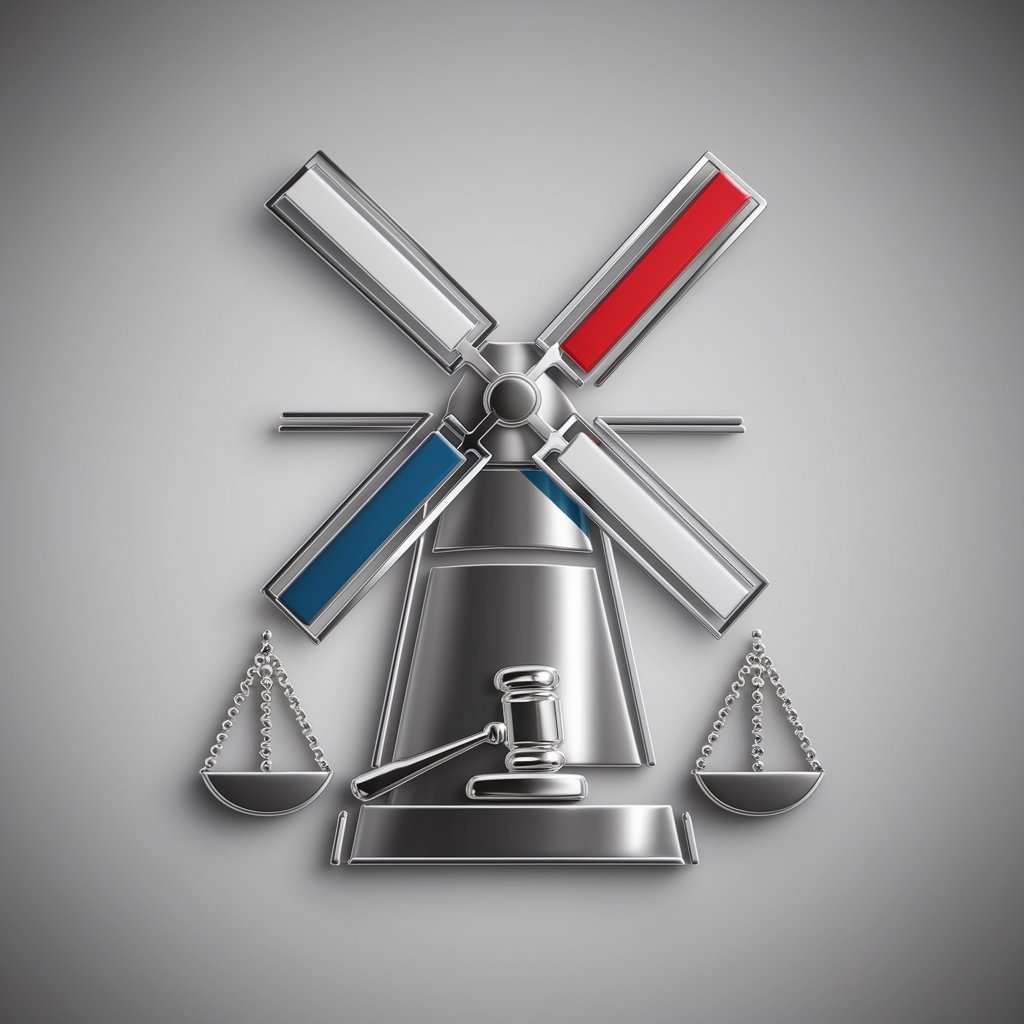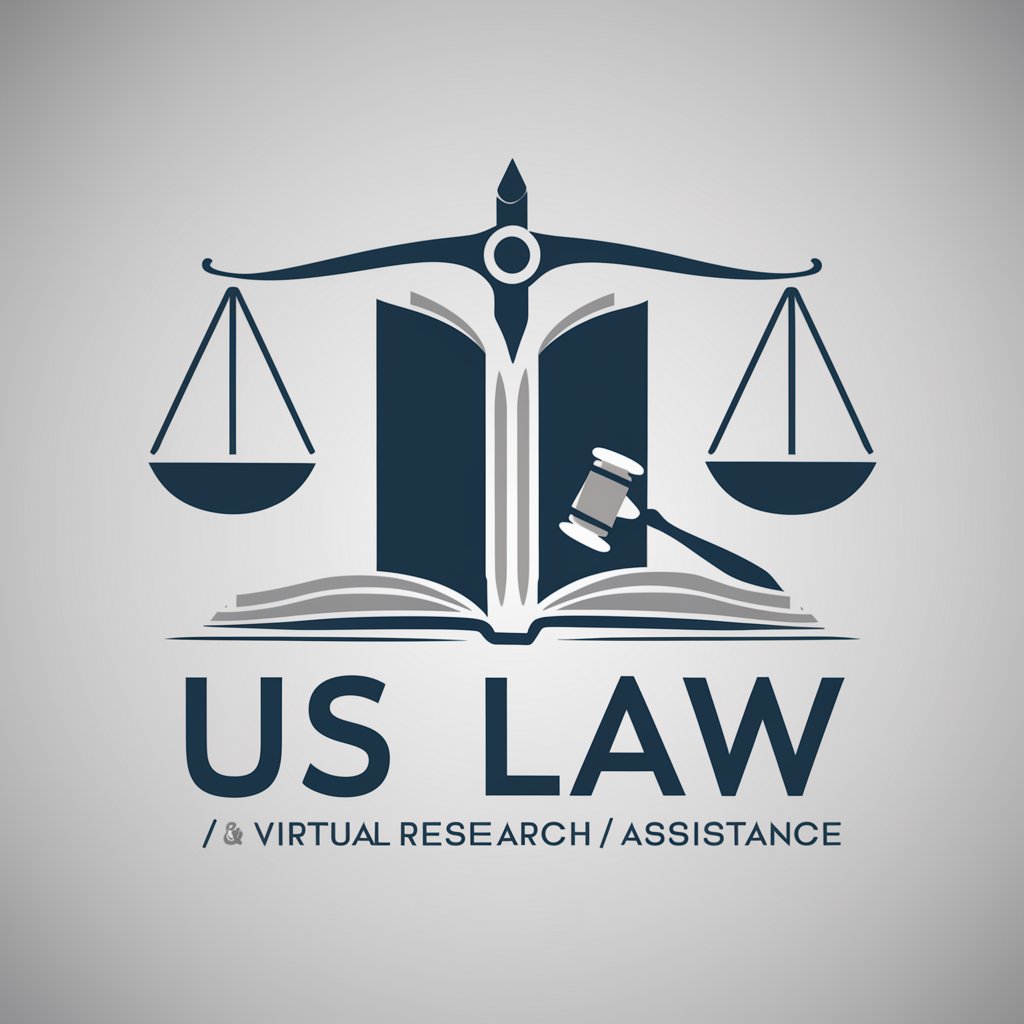EU Law - In-Depth EU Law Guidance

Welcome! Let's dive into the complexities of EU Law together.
Navigate EU Law with AI Precision
Explain the principle of supremacy in EU law with examples from case law.
How does the preliminary reference procedure strengthen EU integration?
Discuss the impact of Brexit on the UK's legal relationship with the EU.
Analyze the role of the Charter of Fundamental Rights in the EU legal framework.
Get Embed Code
Overview of EU Law
European Union (EU) Law is a unique and complex legal system that governs the member states of the European Union. It is founded on the treaties agreed upon by its member countries, which serve as the primary sources of law and define the EU's competencies, institutions, and legal framework. EU Law aims to promote peace, its values, and the well-being of its peoples, offering a framework for political and economic integration, ensuring the free movement of people, goods, services, and capital, establishing competition law, and setting high standards for environmental protection, human rights, and consumer protection. An example of EU Law in action is the enforcement of consumer protection rights across the EU, ensuring that products meet safety standards and that consumers have rights to refunds and repairs. Powered by ChatGPT-4o。

Functions of EU Law
Regulating Internal Market
Example
Cassis de Dijon Case (Case 120/78)
Scenario
This landmark decision demonstrated EU Law's role in eliminating barriers to trade within the internal market, facilitating the free movement of goods by ruling that goods legally produced and sold in one member state must be allowed to be sold in any other member state, unless a specific exception applies.
Promoting Competition
Example
Google vs. Commission (Case T-612/17)
Scenario
EU competition law aims to ensure a level playing field for businesses in the single market, prohibiting practices like abuse of dominant position. The case against Google for abusing its search engine dominance exemplifies how EU Law enforces competition rules.
Protecting Human Rights
Example
Charter of Fundamental Rights of the European Union
Scenario
The Charter enshrines the fundamental rights guaranteed within the EU, illustrating EU Law's role in protecting human rights, including dignity, freedoms, equality, solidarity, citizens' rights, and justice.
Environmental Protection
Example
Directive 2009/28/EC on renewable energy
Scenario
EU Law plays a crucial role in promoting sustainable development and protecting the environment. This directive sets binding national targets for the overall share of renewable energy in energy consumption by 2020, showcasing EU's commitment to combating climate change.
Target User Groups of EU Law
Legal Practitioners
Lawyers, judges, and legal scholars benefit from EU Law by requiring a comprehensive understanding to advise clients, make judicial decisions, or conduct academic research. Their work often intersects with EU directives, regulations, and case law.
Policy Makers and Government Officials
EU Law influences policy and legislative decisions at both the EU and national level. Government officials and policymakers use it to draft legislation, negotiate international agreements, and ensure that domestic laws are in compliance with EU standards.
Businesses and Entrepreneurs
Business owners and entrepreneurs must navigate EU regulations related to trade, competition, labor, and environmental standards. Understanding EU Law helps them operate effectively in the single market and compete internationally.
Consumers and Citizens
EU Law impacts daily life through consumer protection laws, human rights, and freedom of movement. Citizens benefit from understanding their rights under EU Law, especially when living, working, or studying in another member state.

How to Use EU Law Effectively
1
Begin your journey with EU Law by exploring the platform on yeschat.ai for a comprehensive and hassle-free trial experience, requiring no login or subscription to ChatGPT Plus.
2
Familiarize yourself with EU legal principles, case law, and legislative materials provided to grasp foundational knowledge necessary for engaging with the platform.
3
Identify your specific legal query or topic within EU Law you wish to explore, whether it be related to treaties, directives, regulations, or case law.
4
Utilize the advanced search and query features to pinpoint precise legal information, interpretations, and analyses relevant to your query.
5
For optimal results, refine your queries with specific keywords, case names, or article numbers to access tailored, detailed, and accurate legal insights.
Try other advanced and practical GPTs
🍮🍬Sweet-GPT🍭🍯
Crafting Fairy-Tale Experiences with AI

Sweet Talker
AI-powered Romance Artisan

Sweet Inspirations
Sweeten Your Skills with AI

Sweet Wisdom
Sweeten Your Skills with AI

Sweet Savant
Empowering Candy Creations with AI

Sweet SA - Sweet Screen Adventure
Elevate your adventures with AI-powered assistance.
Schad Law
Empowering legal professionals with AI-driven insights.

Dutch Law
AI-powered Dutch legal navigator

US Law
AI-Powered Legal Insight at Your Fingertips

Texas Law
Empowering with AI-driven Texas Legal Insights

Black Hole
Dive deeper into physics with AI.

Rabbit Hole
Dive into Learning with AI-Powered Personalization

Detailed Q&A on Using EU Law
How can EU Law help me with my university assignments?
EU Law offers comprehensive access to a wide array of legal documents, case law, and commentary. By providing detailed explanations and examples, it assists students in understanding complex legal principles, enhancing their assignments with precise references and critical analyses.
Can I find information on recent EU legislation changes?
Absolutely. EU Law continuously updates its repository with the latest legislative developments, ensuring users have access to current legal texts, amendments, and insightful commentary on their implications and applications.
Is EU Law suitable for legal professionals?
Yes, legal professionals can leverage EU Law for in-depth legal research, accessing a vast collection of case law, legislative texts, and academic commentary to support litigation, legal advising, and scholarly work.
Can EU Law aid in understanding the implications of Brexit?
EU Law provides a wealth of information on Brexit, including analysis of the Withdrawal Agreement, the Trade and Cooperation Agreement, and ongoing adjustments in the relationship between the EU and the UK, facilitating a nuanced understanding of Brexit's legal implications.
How does EU Law ensure the accuracy of its content?
EU Law relies on a robust validation process, incorporating content from reputable sources, expert reviews, and continuous updates to reflect the latest legal developments and court judgments, ensuring high accuracy and reliability.
